Do you often suffer from bloating, abdominal pain or diarrhea? Then there is a good chance that you suffer from irritable bowel syndrome, because it is one of the most common causes of intestinal complaints. Very annoying if you regularly suffer from stomach and intestinal complaints... There are medicines that reduce the symptoms, but what if I told you that there are also soothing teas that naturally relieve the symptoms of Irritable Bowel Syndrome? In this blog you will discover 5 teas and infusions that have a calming effect.
What is Irritable Bowel Syndrome (spastic bowel)?
With Irritable Bowel Syndrome you have a lot of intestinal and stomach complaints such as abdominal pain, flatulence and irregular bowel movements. Unfortunately, you cannot cure it, but you can reduce the symptoms by adjusting your lifestyle. Enough exercise, drinking plenty of water, eating fiber-rich food… these are all things that contribute to healthy intestines.
Teas that have a calming effect
1. Chamomile tea has a relaxing effect
Actually, chamomile tea is not tea, because it does not come from the tea plant. So it is an infusion, but it is super healthy. For example, chamomile has an anti-inflammatory effect and helps with bloating or stomach pain.
But not only that, because chamomile tea is often drunk before bedtime because it has a relaxing effect. It relaxes you completely and also has a relaxing effect on your stomach and intestines. It is precisely thanks to that soothing effect that it helps very well with IBS.

2. Green tea (matcha) improves gut health
Your gut is your second brain, it is often said. If the functioning of your intestines is not optimal, a signal is sent to the brain. This also applies the other way around: for example, if you experience stress, it will have an immediate effect on your intestines. That is also why so many people have to go to the toilet when they are stressed.
It is therefore best to ensure that your intestines are and remain healthy. A recent study published in The Journal of Nutritional Biochemistry found that green tea increases the healthy bacteria in your gut and decreases the bad bacteria.
If you drink one cup of matcha a day, you will already experience benefits. In addition, matcha powder is full of antioxidants, you will not only keep your intestines healthy but also strengthen your resistance. Another advantage: it gives you a huge energy boost. Enough reasons to drink matcha tea every day, right? :-)
3. Mint tea helps against bloating
Such a cup of mint tea not only smells and tastes great, it also has great benefits for your health. It takes away nausea and helps very well with bloating. That is also one of the reasons why it is often drunk after dinner. For example, if you ate a little too much at a restaurant, order a cup of mint tea and you will immediately feel much better.

4. Turmeric tea stimulates your digestion
Turmeric tea is very good for your intestines because it has an anti-inflammatory effect. Many people with IBS have inflammation in their intestinal wall. Turmeric will not only inhibit that inflammation, it also has an antispasmodic effect that quickly reduces abdominal pain. Not only that, it also gives your digestion a huge boost!
Because turmeric is so healthy, it is one of the ingredients in my brand new Golden Matcha . This Golden Matcha contains turmeric, matcha, ginger and cinnamon. Just add some vegetable milk or water and your turmeric latte is ready.
5. Fennel tea has an antispasmodic effect
Did you know that fennel has been used for centuries in India for intestinal complaints? They make tea or chew on a few fennel seeds after a meal.
The herb has an antispasmodic effect, which makes it good for intestinal cramps and helps with gas formation. Flatulence and bloating are a thing of the past, because fennel stimulates your digestion so that the processes in your body function better.
A few more nutritional tips
If you start every day with a cup of tea, you are already well on your way. Of course, your diet is also important, because certain foods can exacerbate the complaints. I would like to give you some tips:
- Eat fiber-rich food more often, including fruit and vegetables: About 400 grams of vegetables and 2 pieces of fruit per day. The fibers ensure the proper functioning of your intestines.
- Avoid spicy food, as this can make the symptoms worse.
- Drink plenty of water and avoid alcohol, coffee or soft drinks.
- Probiotics can reduce the symptoms. Probiotics contain living healthy bacteria that keep your intestines healthy.
Please note: there is no such thing as the perfect diet for Irritable Bowel Syndrome. That is different for everyone, so it is best to check which food provokes reactions in you. If necessary, you can contact your doctor, who will then refer you to a dietician.
Do you suffer from Irritable Bowel Syndrome, and how do you deal with it?


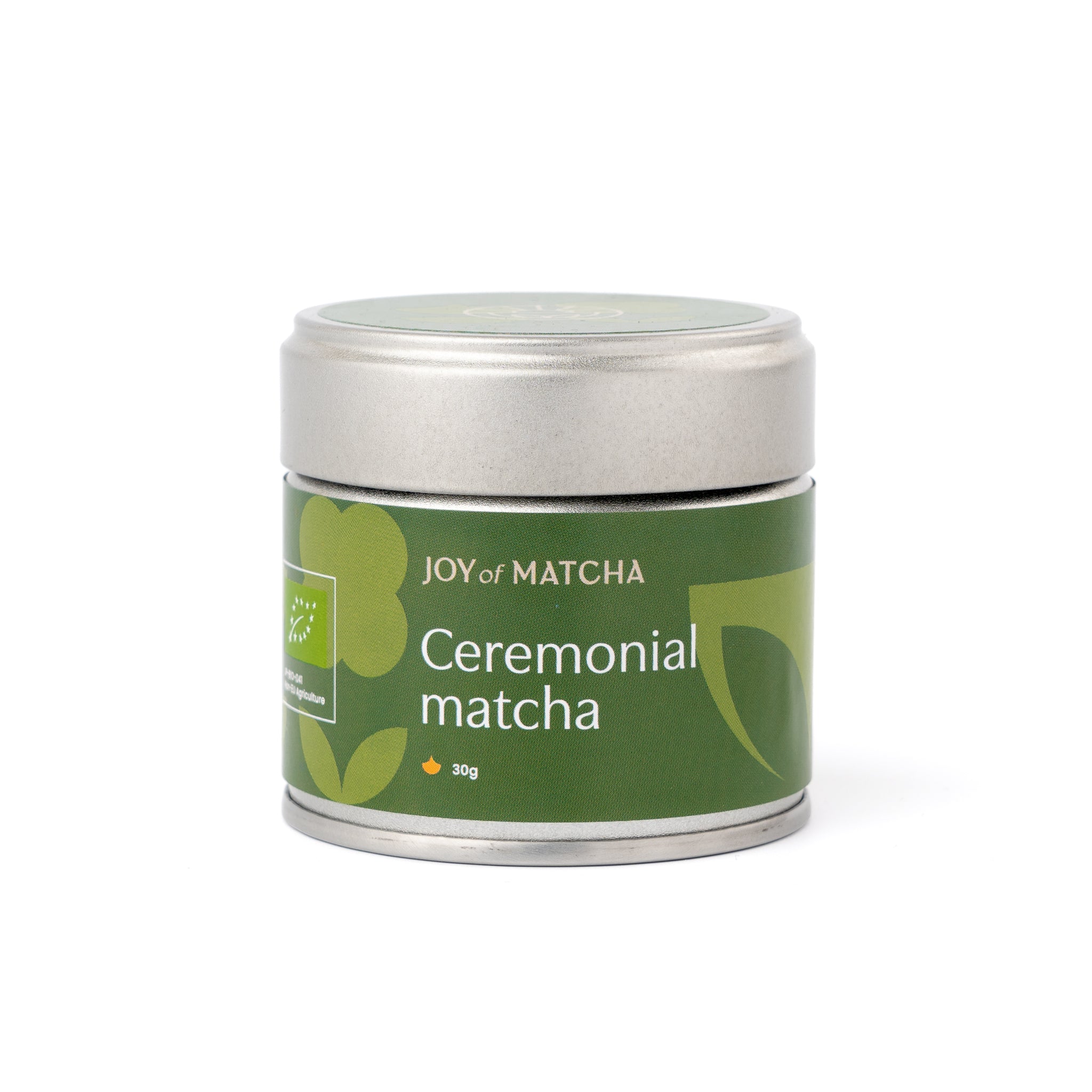
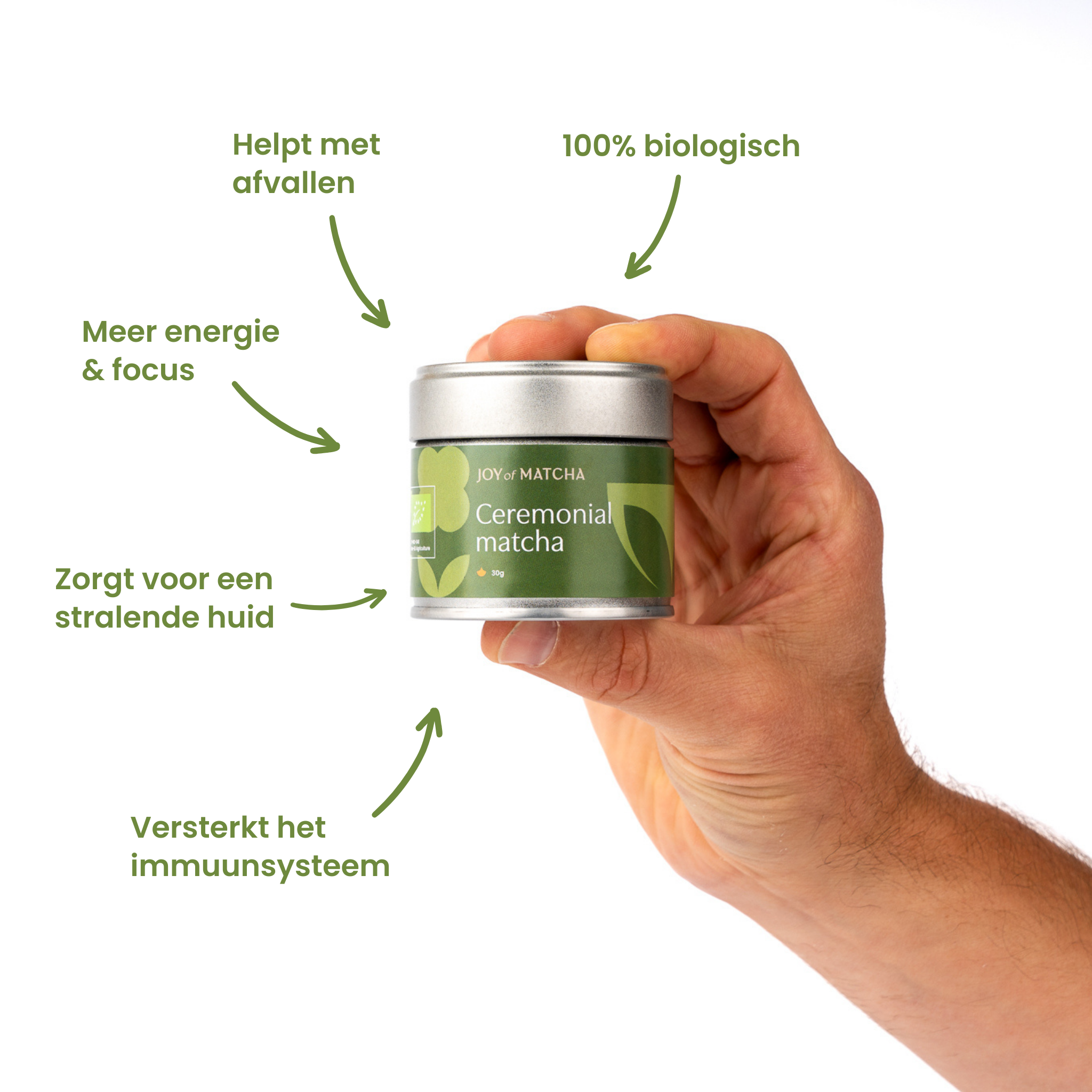
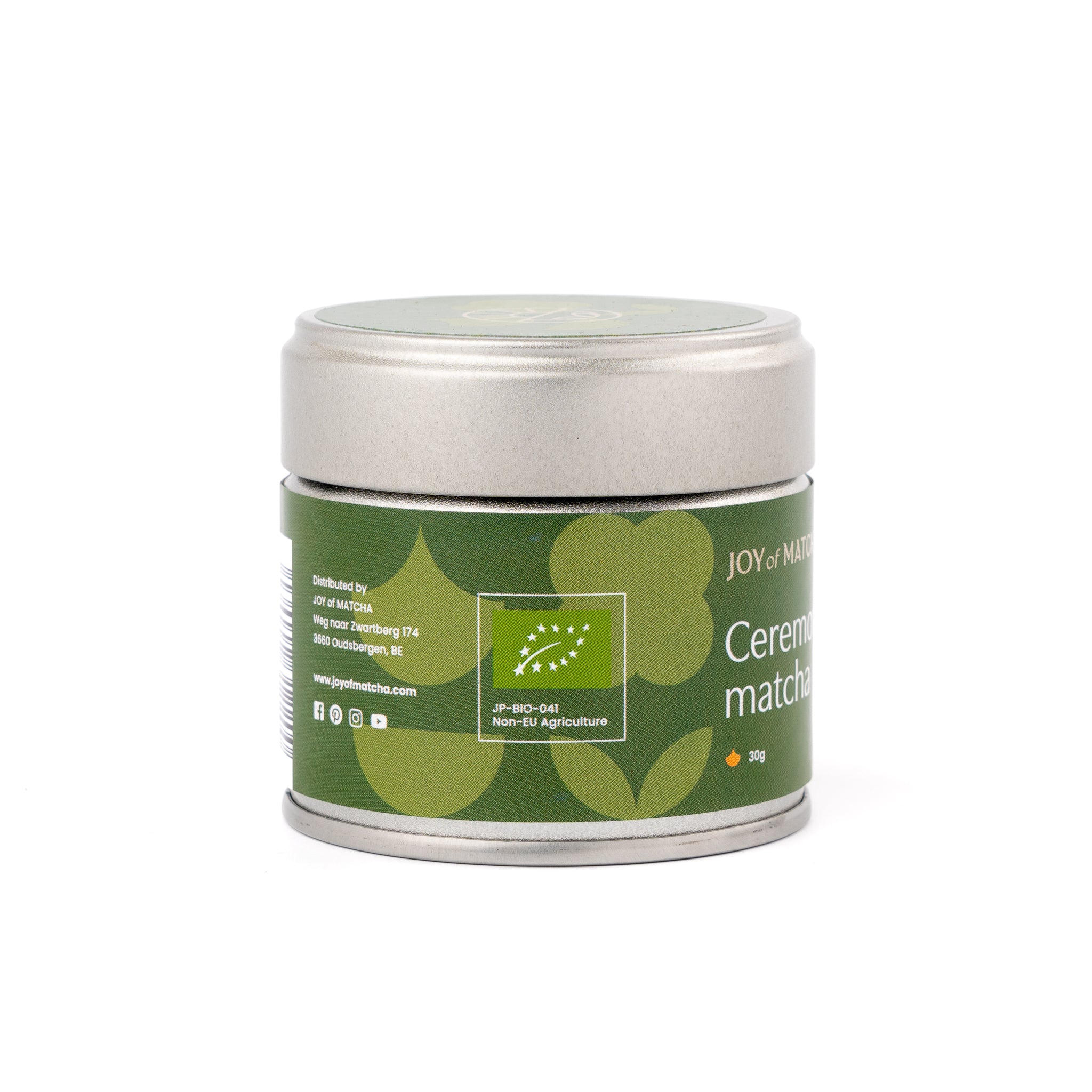
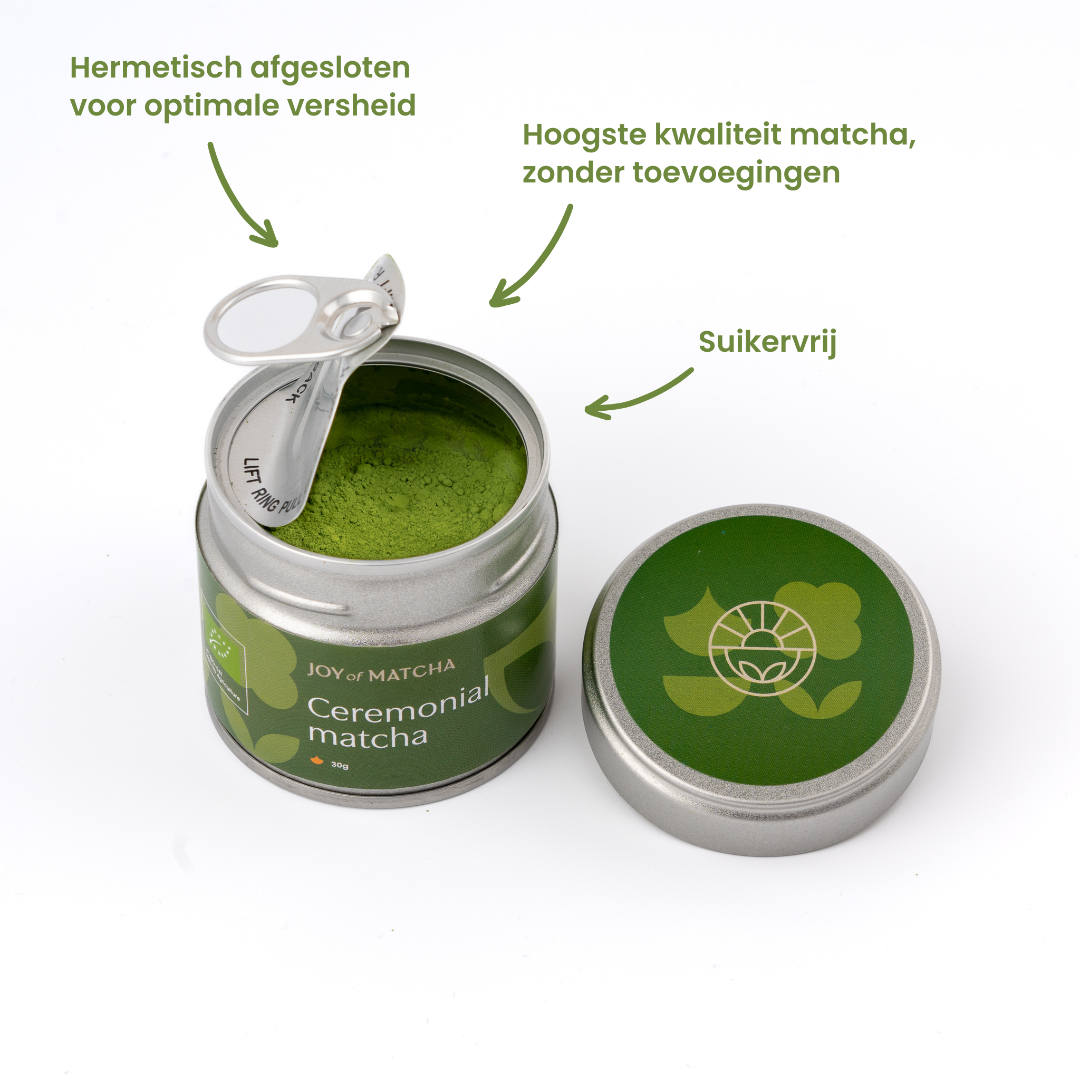
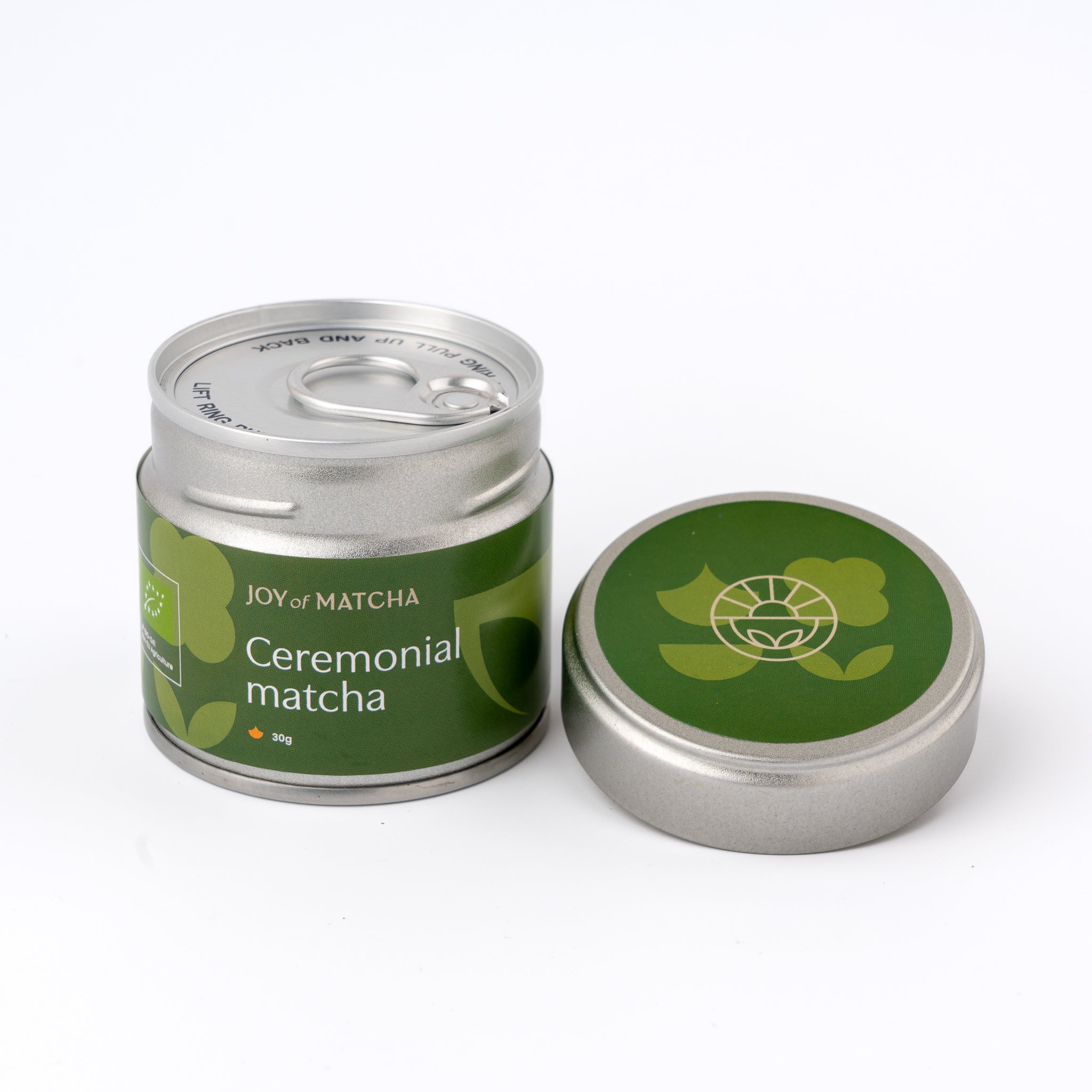
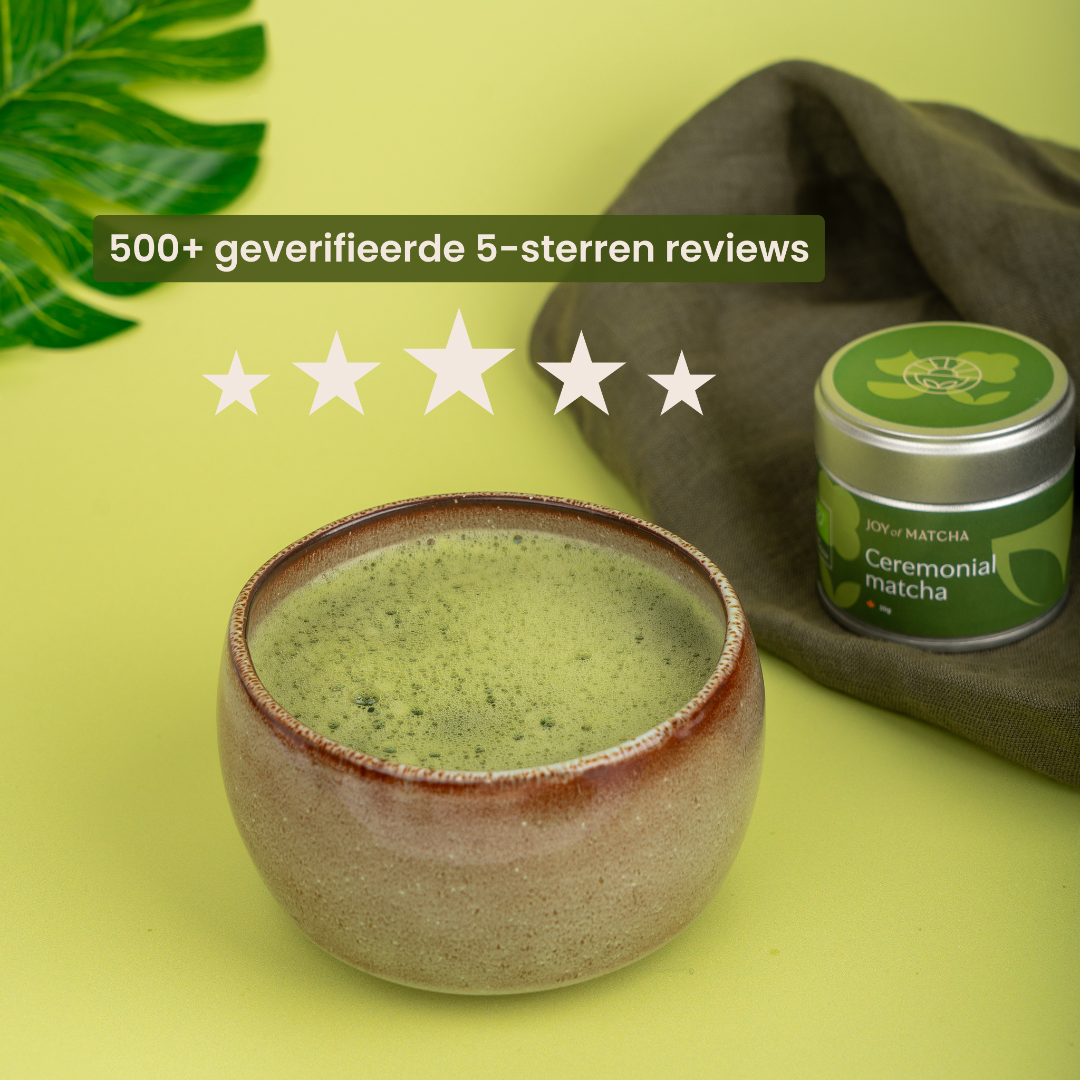
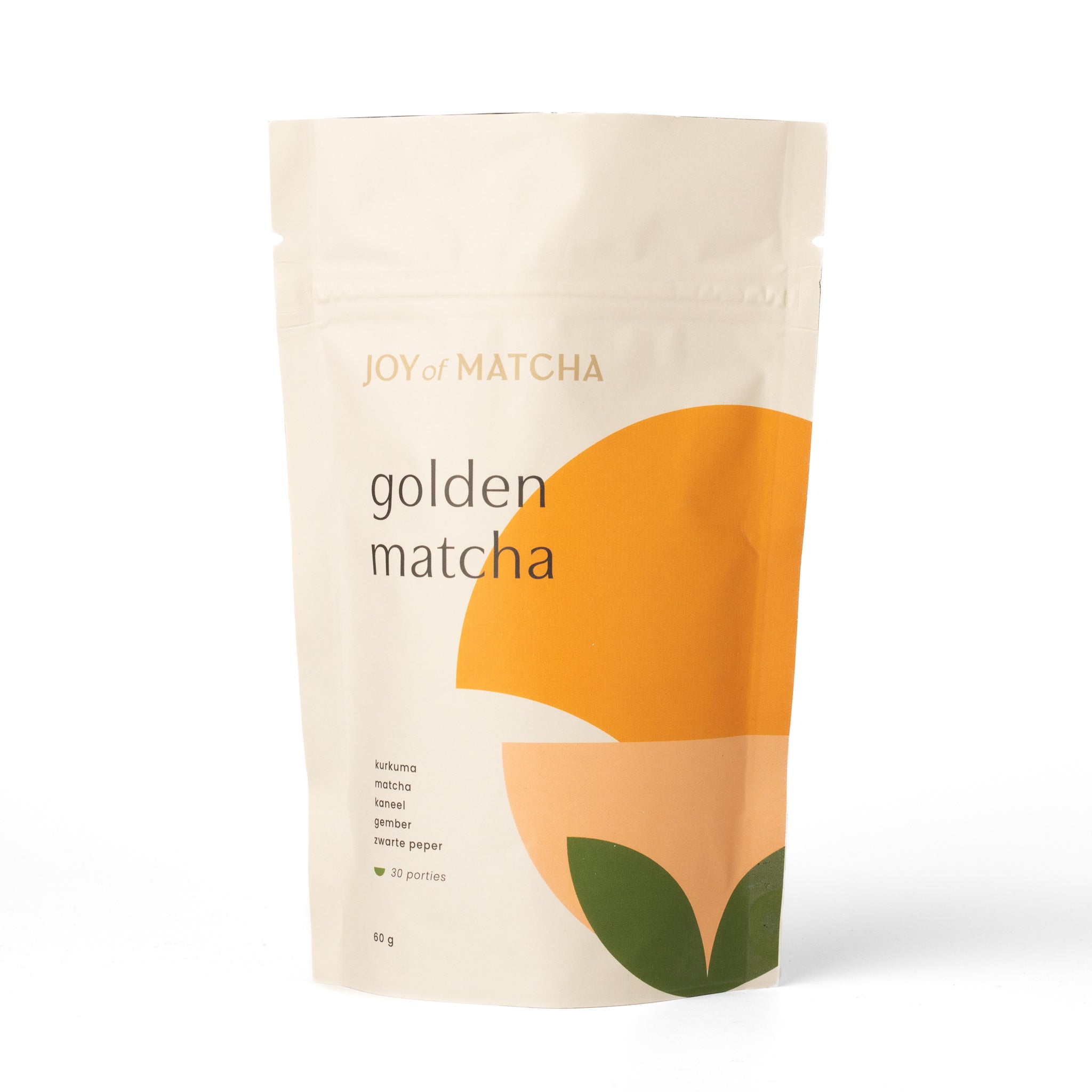
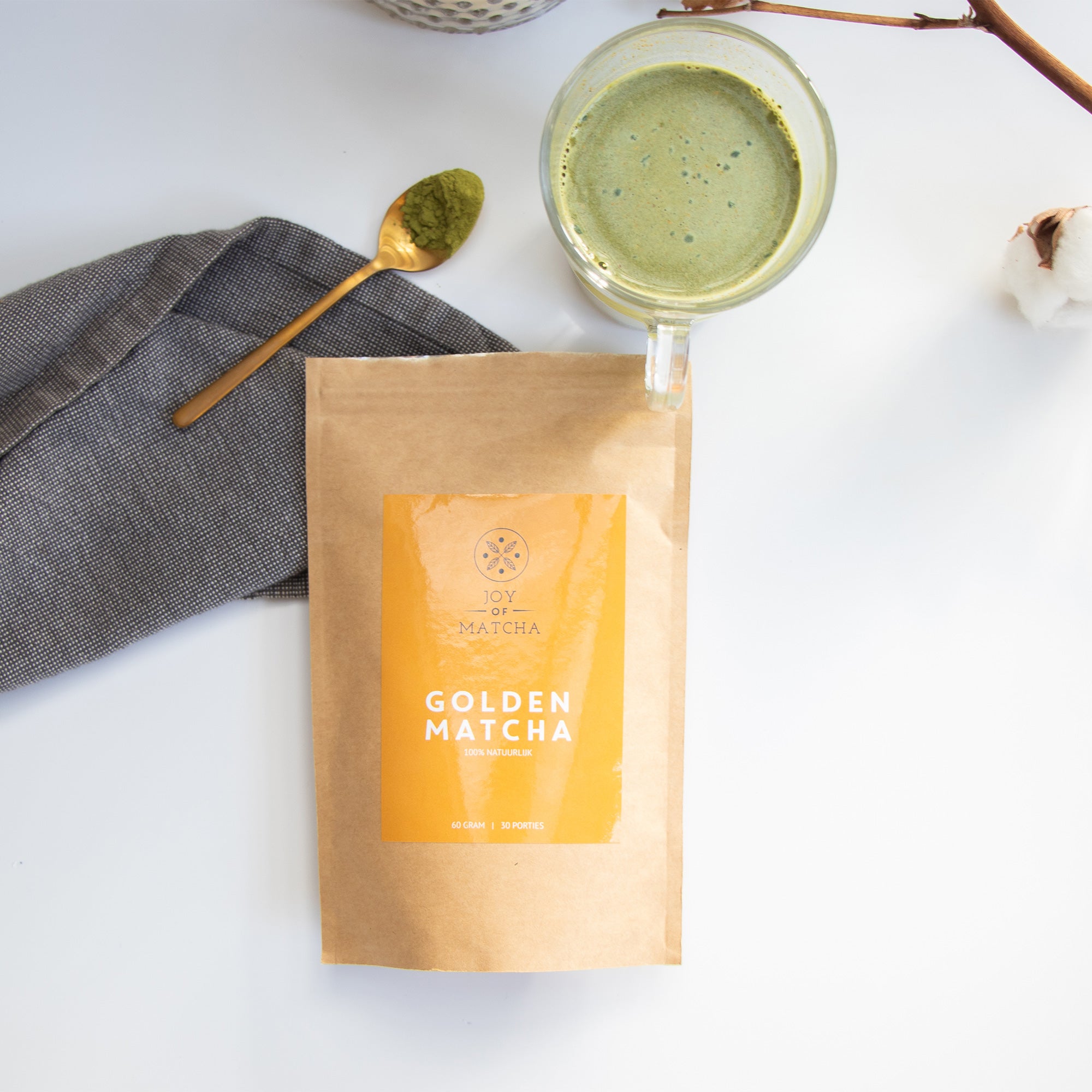
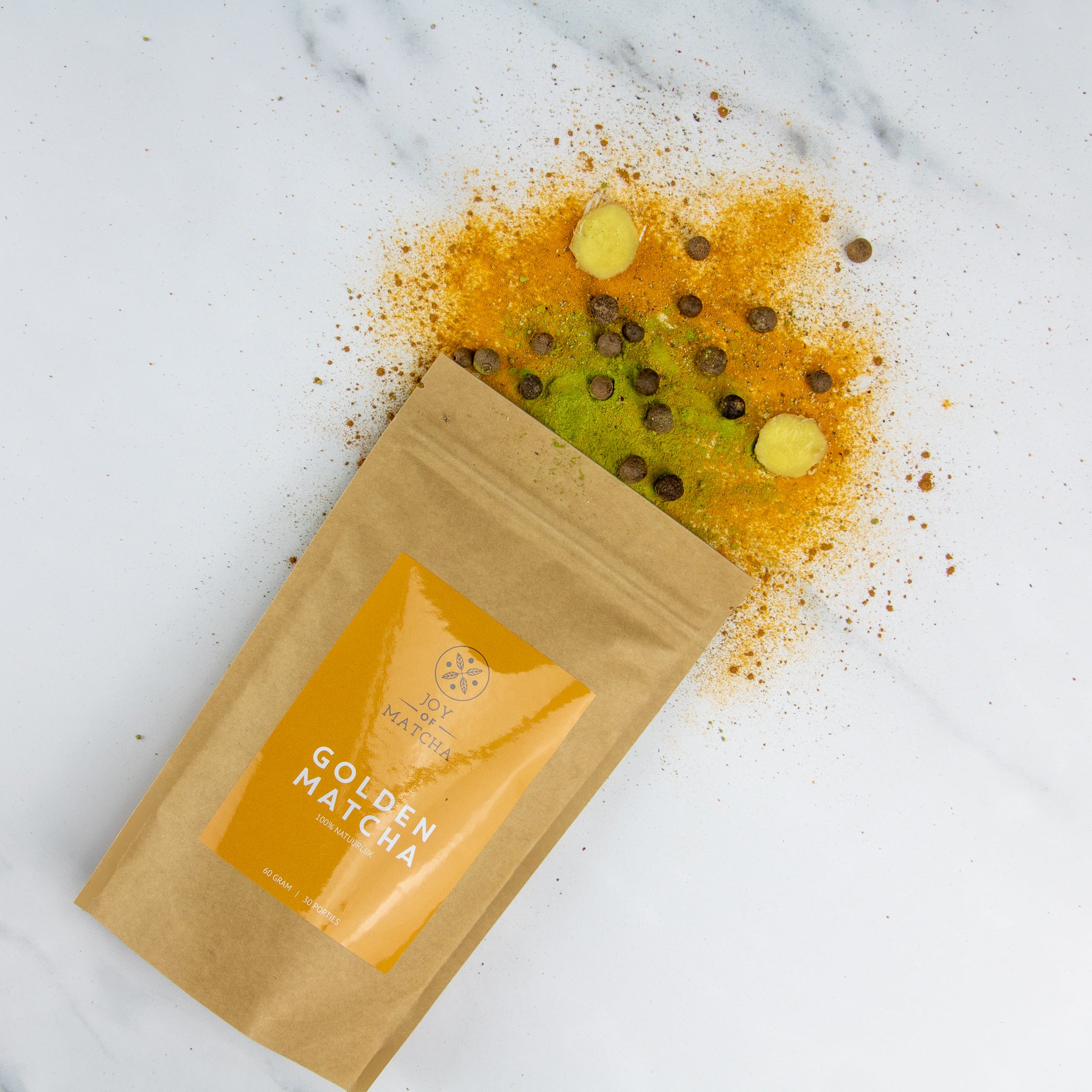
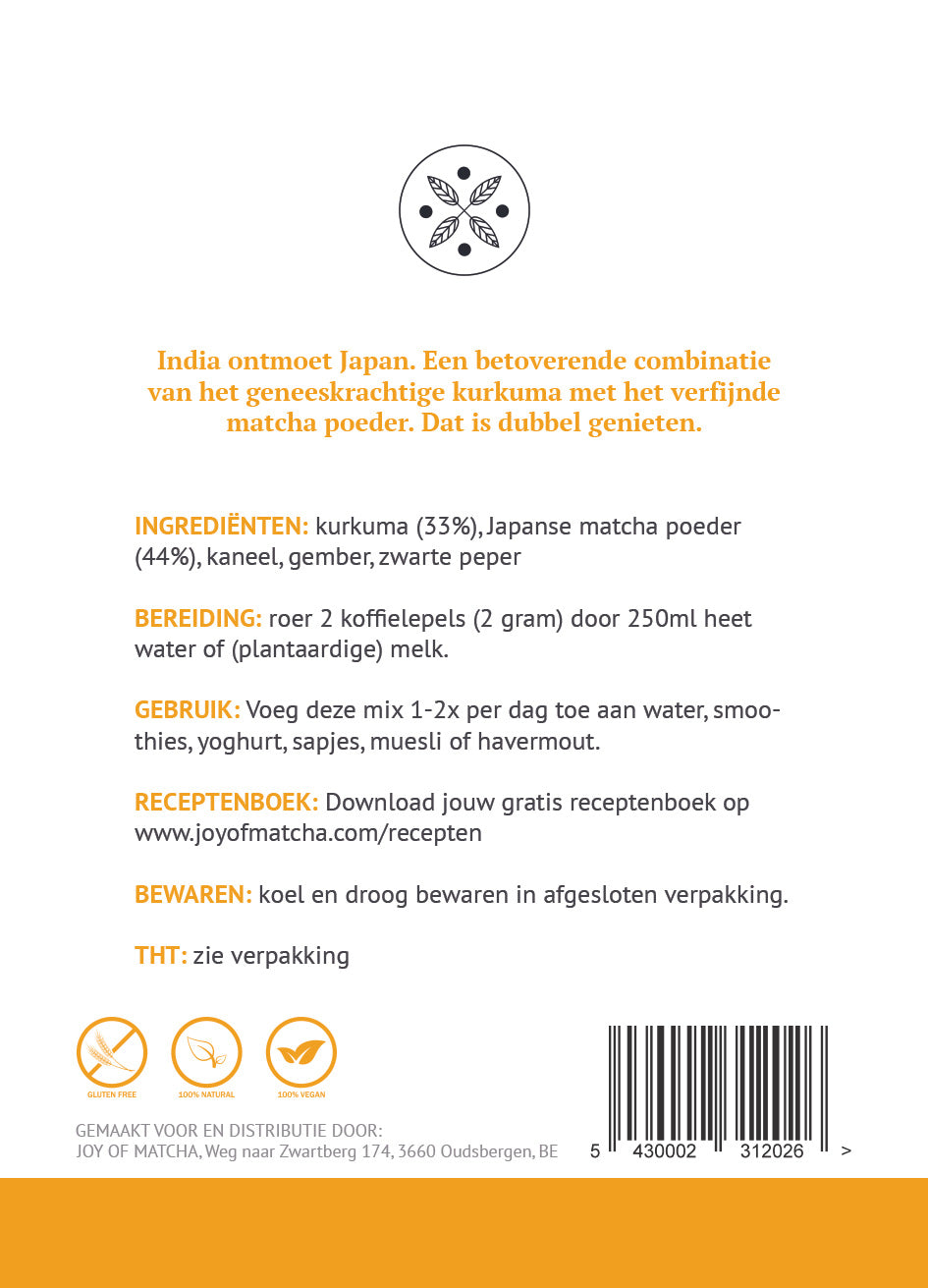
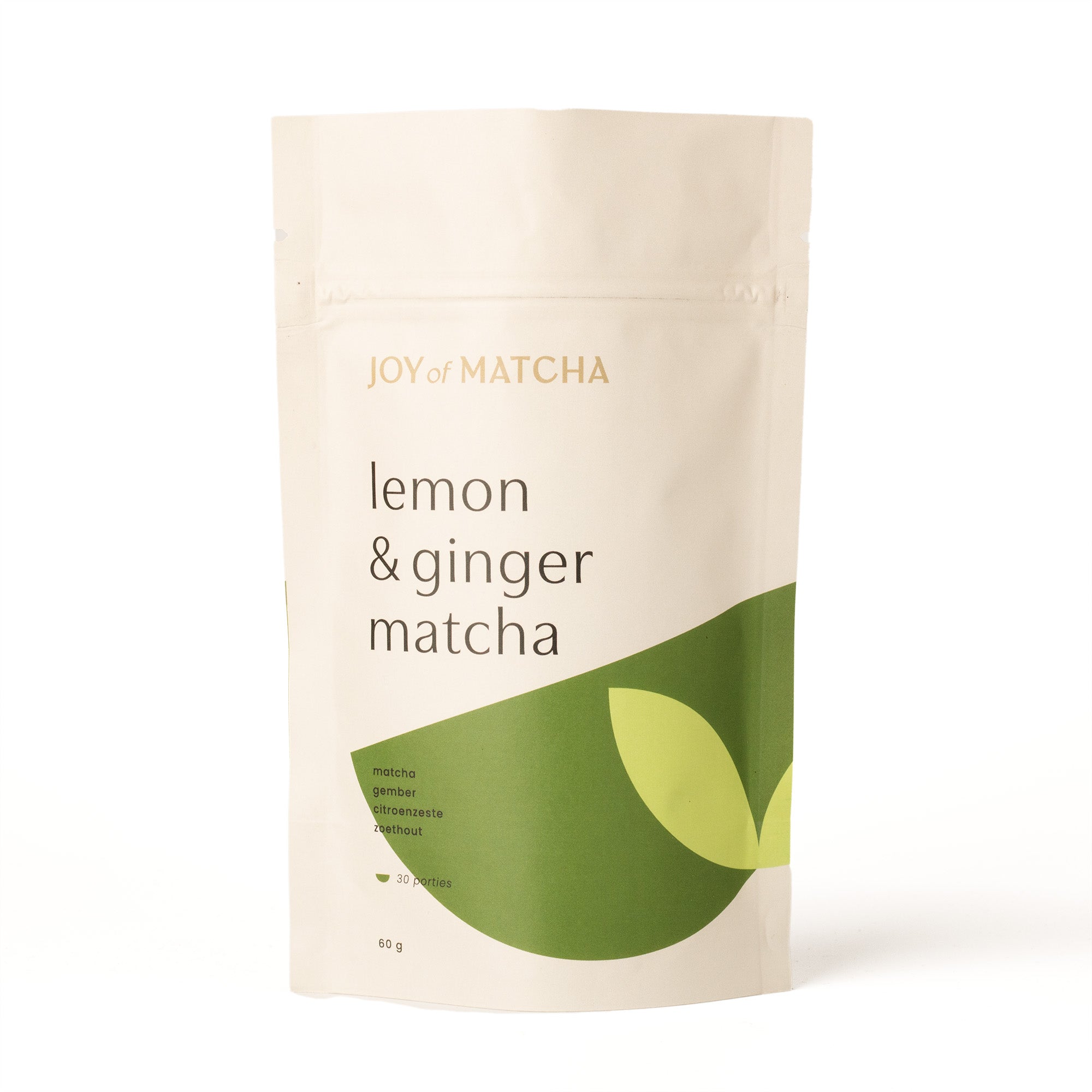
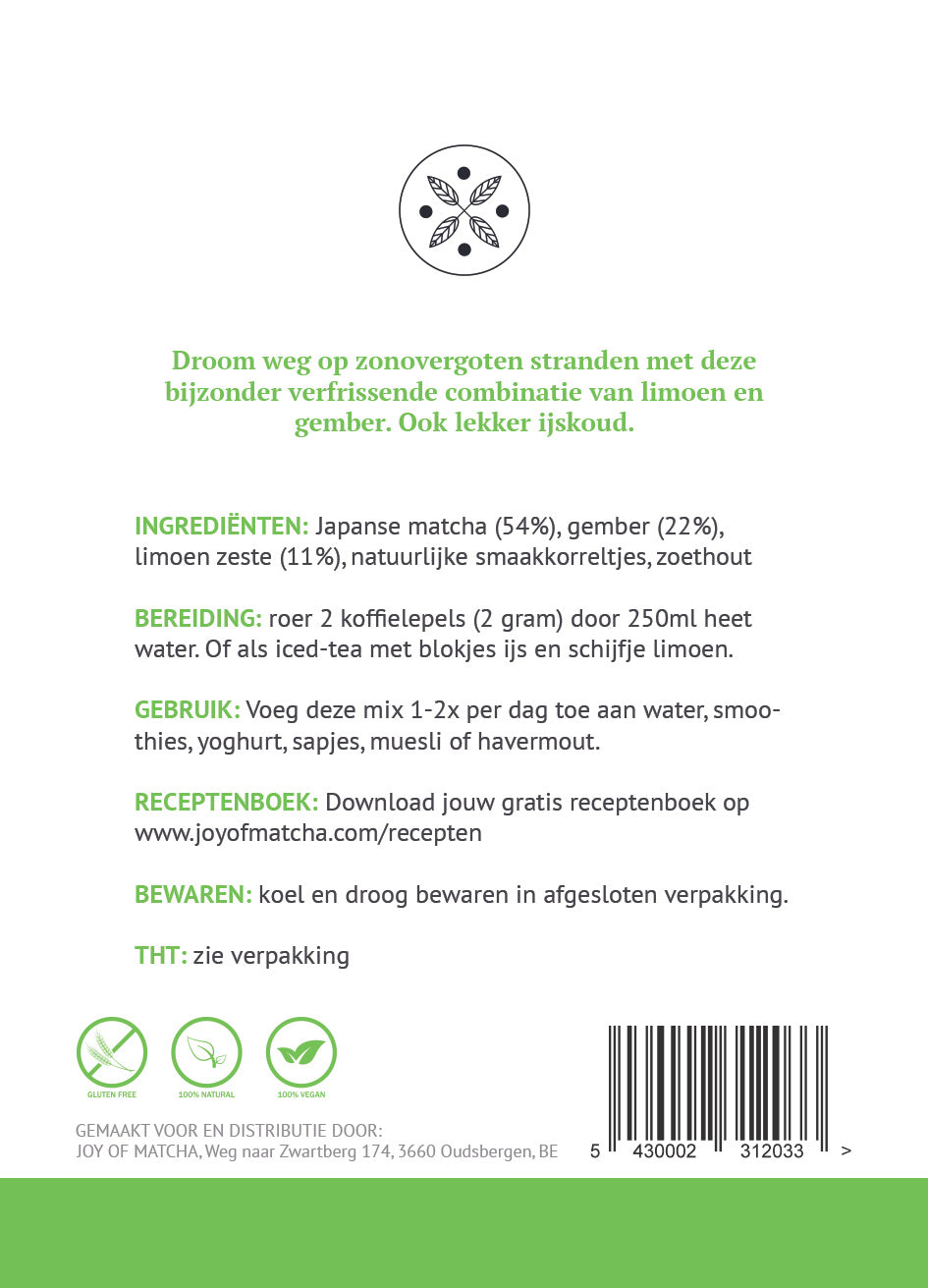
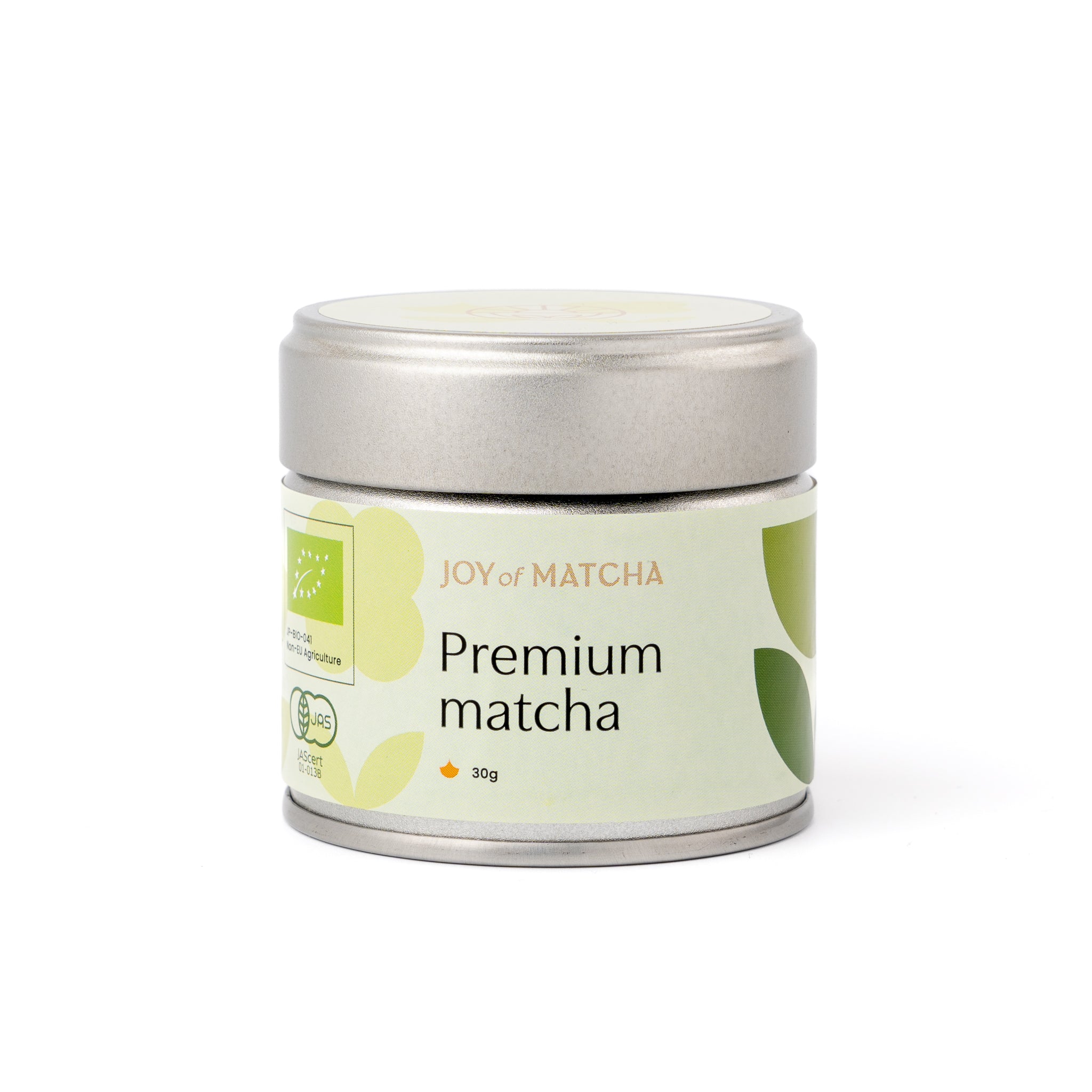
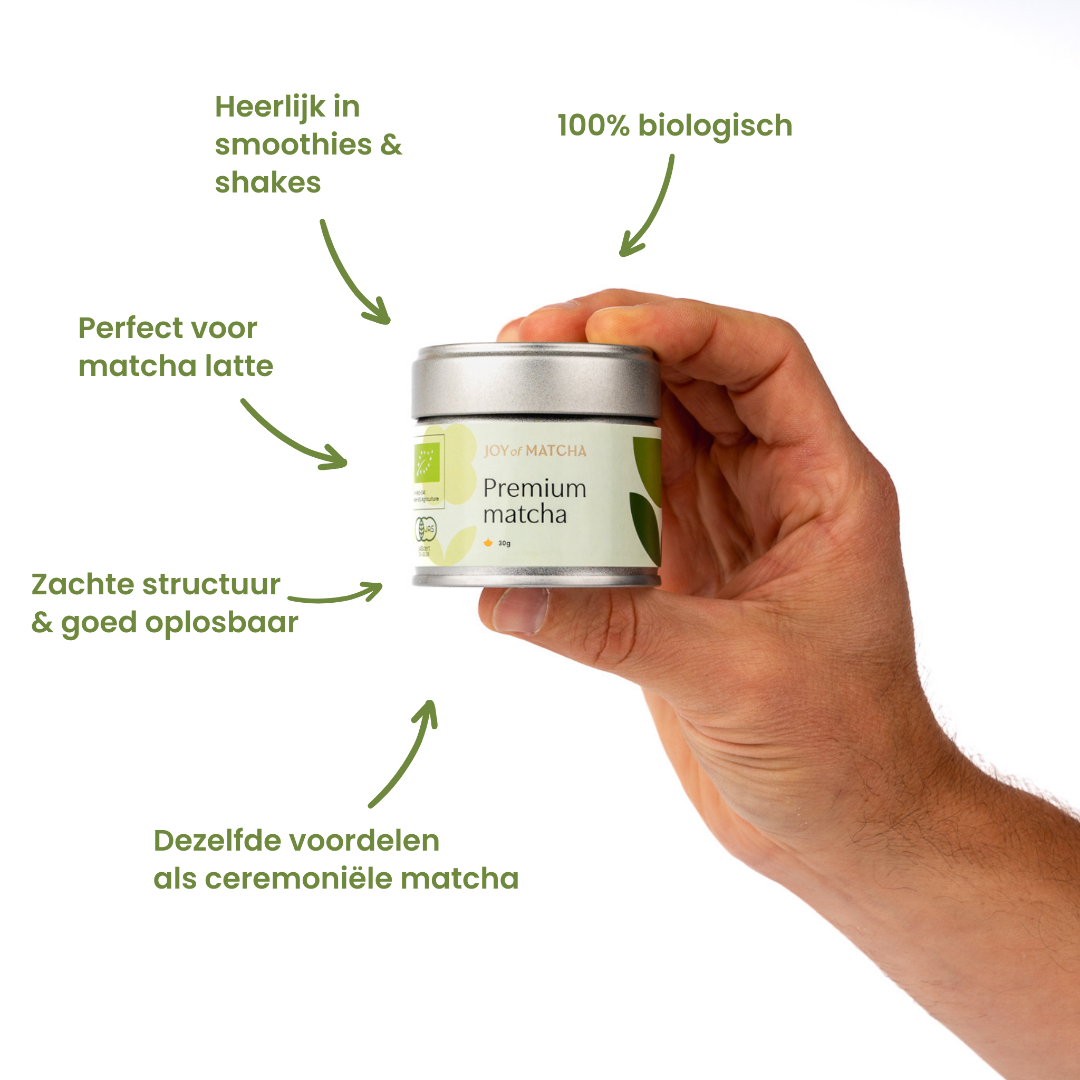
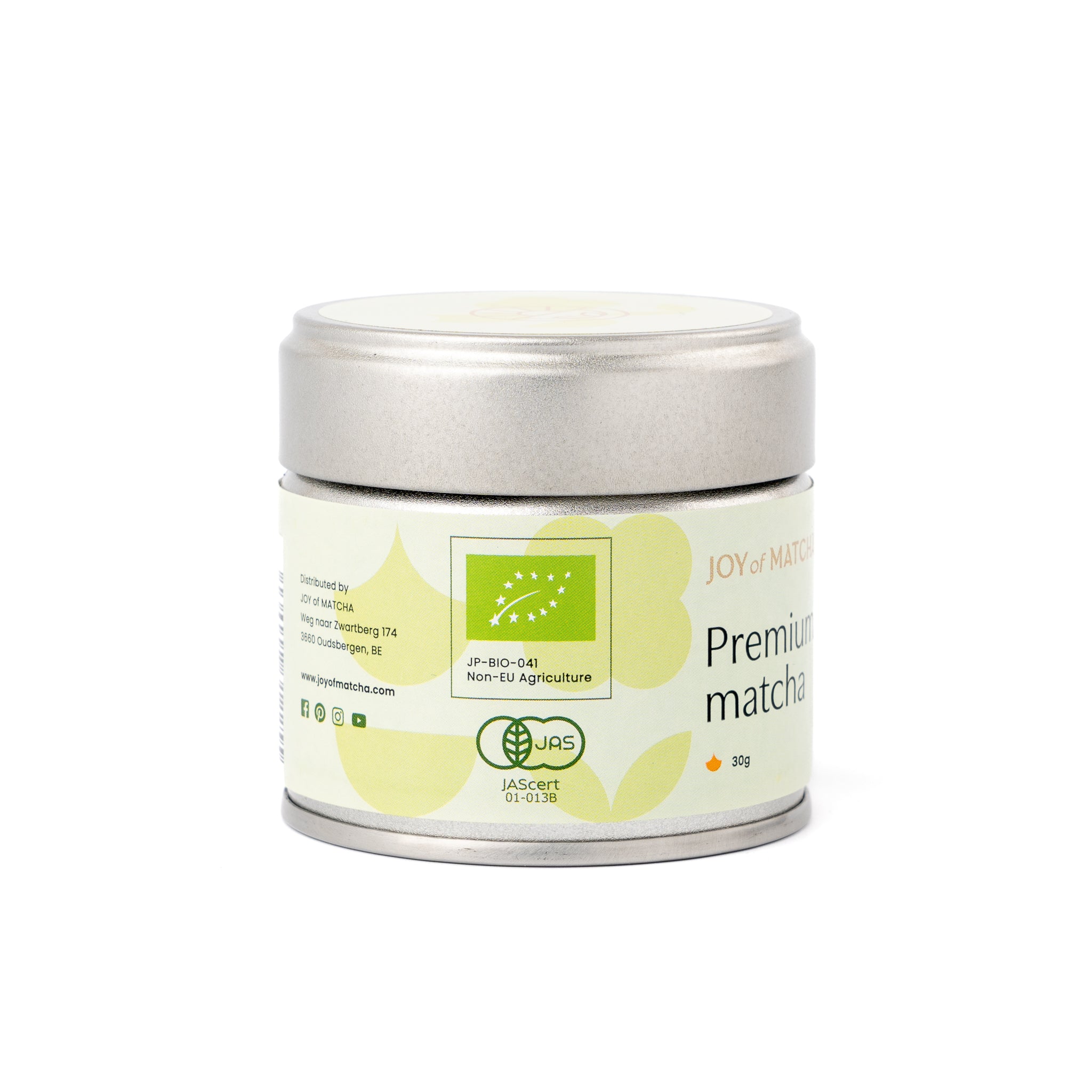
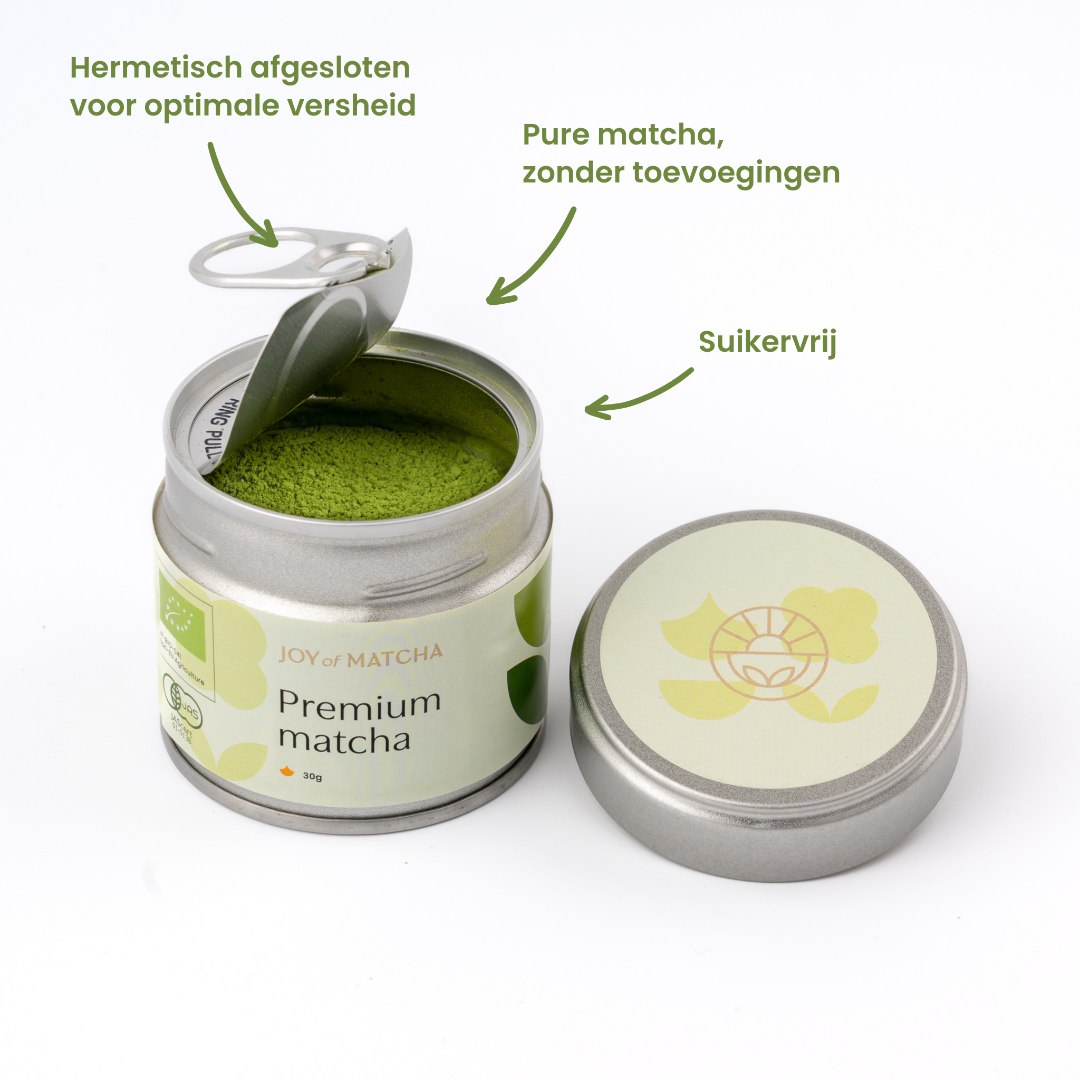
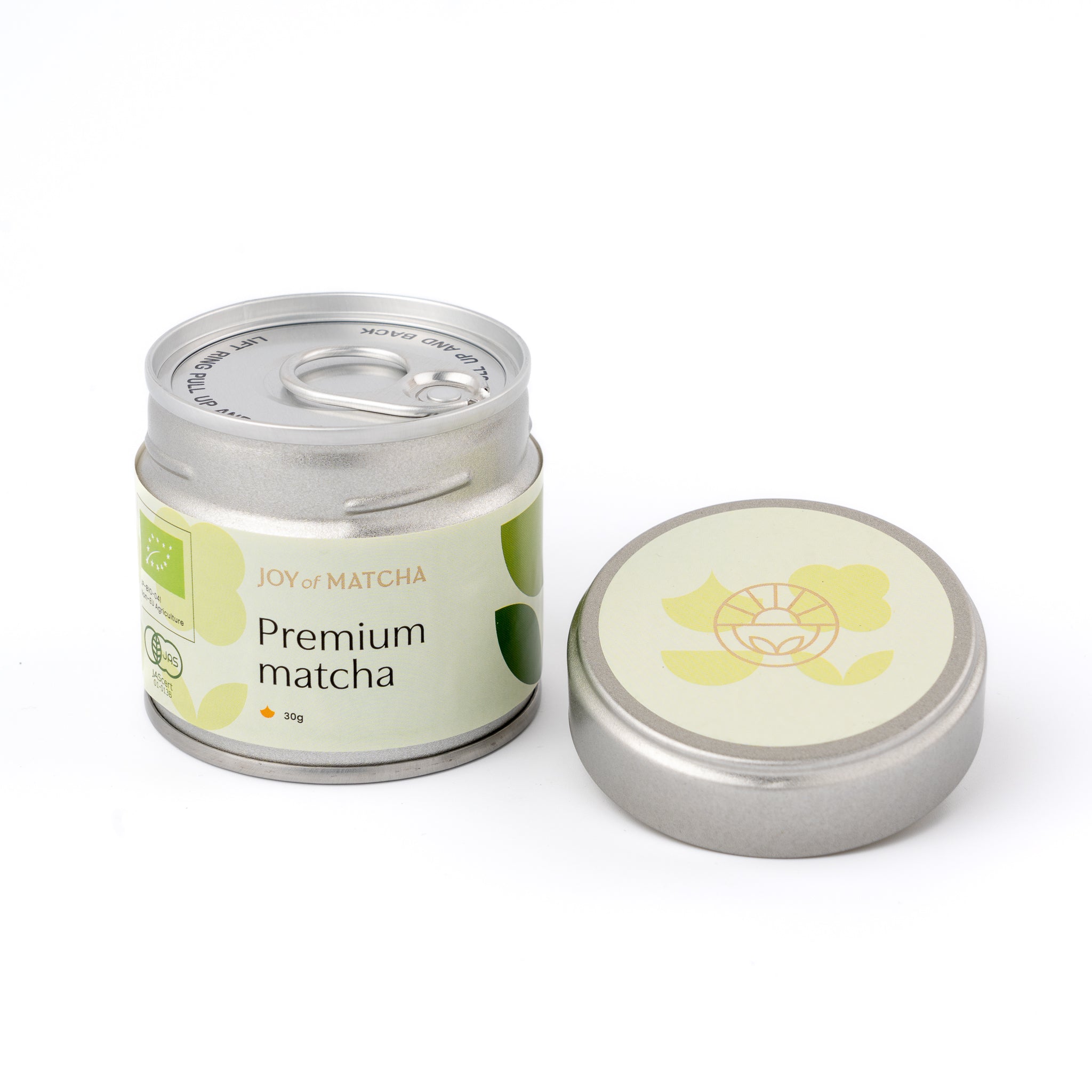
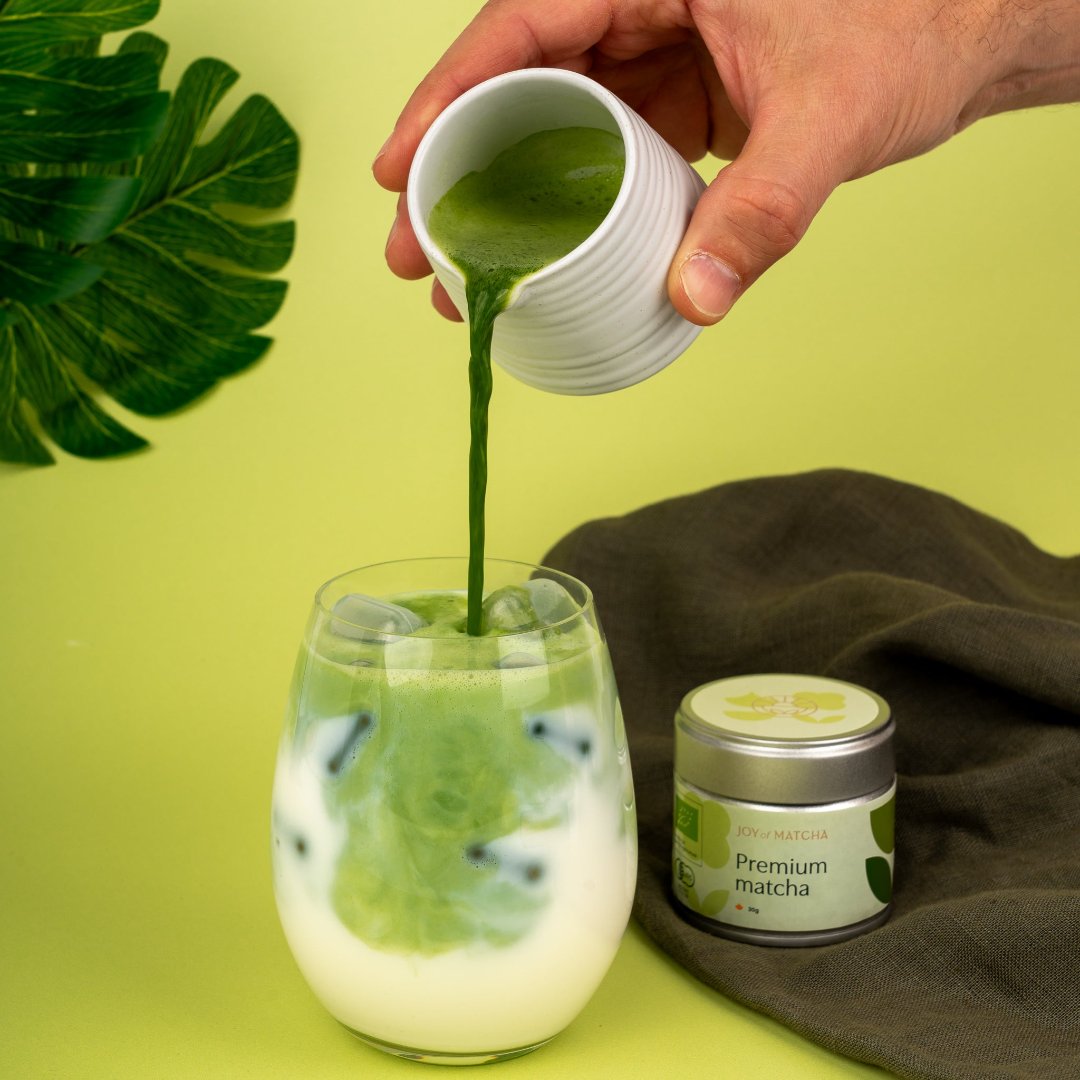


Comments
Sinds ik kamillethee drink zijn mijn pds klachten verdwenen. Niet allemaal maar wel de hinderlijkste klachten. Wist t niet. Merkte bij toeval dat ik sinds ik deze thee drink ineens beter voelde. Toen ben ik gaan googlen en zie hier. Wat maanden aan microgol en movicolon , psyllium etc etc niet lukt , lukt kamillethee wel.
Ik weet niet hoe oud dit bericht is.. maar venkel en kamille zijn beiden hoog in Fodmaps. Dit kan bij PDS dus juist funest zijn. Van deze kruiden kun je dus meer buikpijn krijgen.
Volgens mij werkt kamille thee niet zo goed bij PDS, vanwege hoge hoeveelheden fodmap dit bevat. Rooibos thee mis ik, dit heeft bij mij een ontzettend goed effect.
Ik heb alleen even een vraag. Wat is Matcha ?
Gr. Mw.de Ronde